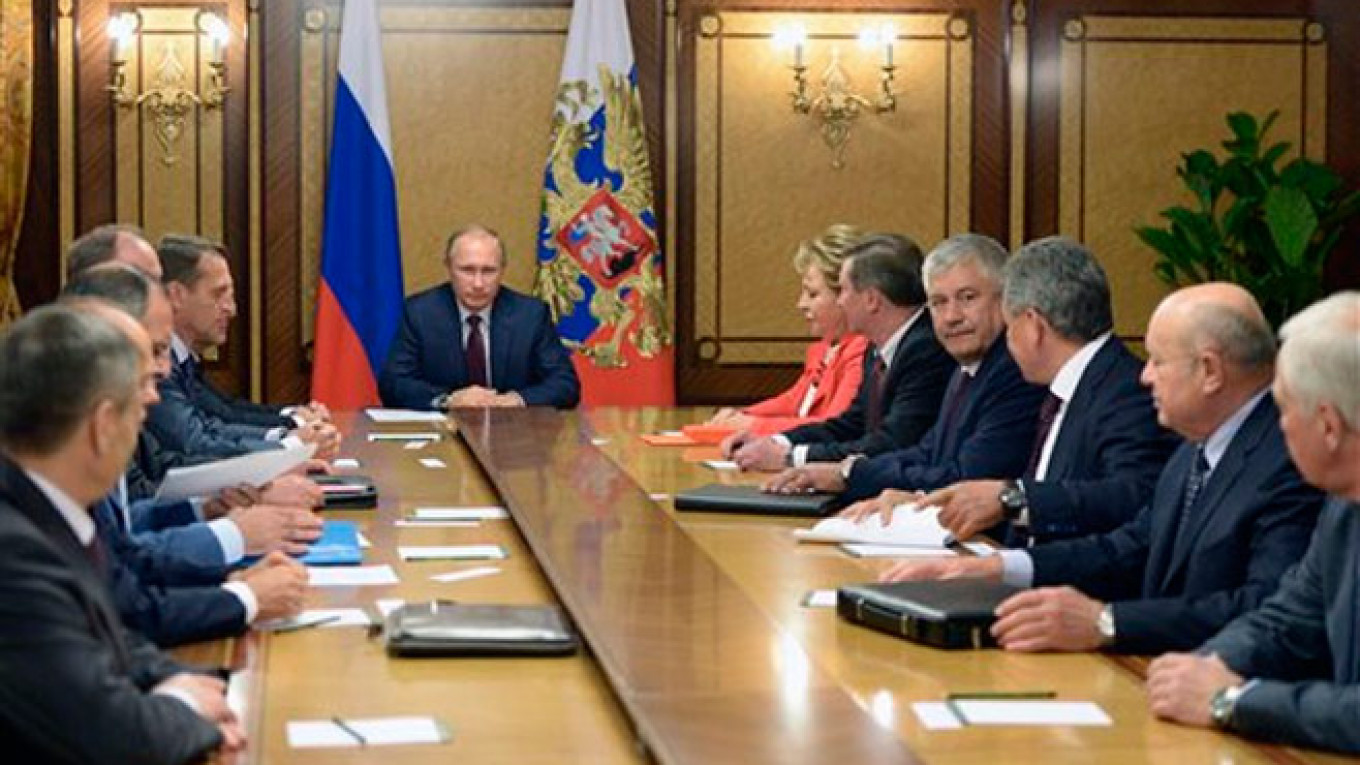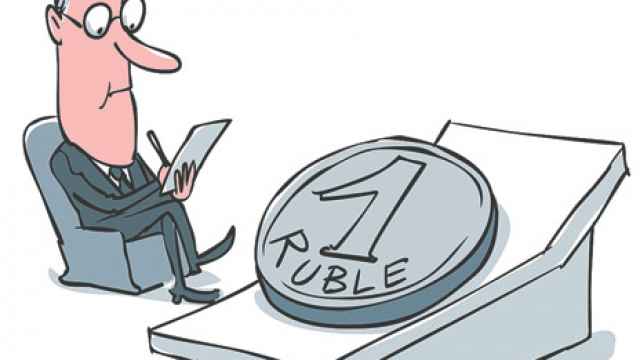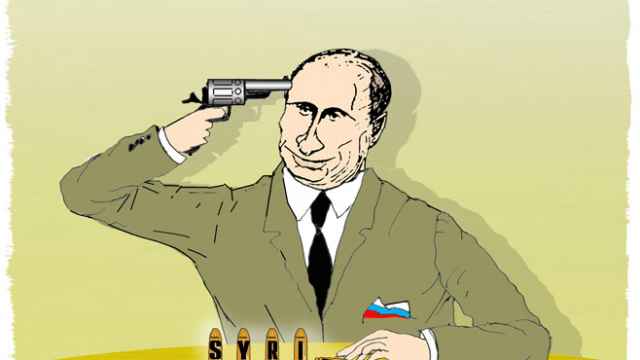Over the past two weeks any number of experts on military affairs, Russia, and the Middle East have appeared on television and written in print in the U.S. about "what Russia really wants." Some of the more excitable parts of the establishment, such as Senator John McCain, have even stated that "Russia is winning" in Syria and that President Vladimir Putin, through a characteristic combination of tactical bluster, brawn, and cynicism, has "put Russia back on the map" as a major actor in the region.
However, when considering recent Russian actions in Syria I'm inevitably reminded of one of the most well-known exchanges in American film, the conversation in "Apocalypse Now" between Willard and Kurtz. When asked to explain his mission, Willard matter-of-factly states that "They told me that you had gone totally insane and that your methods were unsound." After Kurtz's simple query ("Are my methods unsound?") Willard nervously replies: "I don't see any method at all, sir."
There is a pervasive cliche among Westerners that the Russians are master strategists, that despite their apparent recklessness they are really operating according to some detailed and elaborate plan. When the Soviets invaded Afghanistan, for example, it was simply taken as a given that they had a complex and sophisticated strategy. All of the important debates in Washington were over the nature and implications of that strategy, not whether it existed.
As later became clear, however, the truth was that the Soviet leadership had very little idea what it was doing. The invasion of Afghanistan wasn't a masterstroke of geopolitical maneuvering, it was a panicked, half-cocked response to what was perceived as a rapidly deteriorating situation. The Politburo felt it had to act quickly to prevent total defeat, and so it rolled the dice.
It seems to me that very much the same is now happening in Syria. Putin and the ever-narrower circle of advisers on whom he still draws decided that they had to "do something," to avoid the total defeat of Syrian President Bashar Assad. That "something" has been a campaign of air strikes and cruise missile attacks that has been blown enormously far out of proportion to its negligible impact on the outcome of Syria's civil war.
Despite the wall-to-wall media hysteria that it has engendered, Russia's initial campaign in Syria has been tiny, massively outclassed in scale by the American air campaign against the Islamic State. Depending on who is doing the counting, Russia's deployment of combat aircraft is somewhere between 10 and 15 percent of the size of the U.S.-led coalition's. A massive, Afghanistan-style invasion this is not.
But while Russia's air campaign has had no appreciable impact on the fighting — and unless it is massively scaled up, will not — it has succeeded in further poisoning relations with a host of countries, most noticeably Turkey. Russia and Turkey had, over the past 15 years, made substantial progress in boosting economic relations, with bilateral trade rapidly increasing and Russia even playing a role in the construction of a nuclear power plant. They hadn't suddenly become "allies," but Russia and Turkey could do business together.
Much of that progress is now being rapidly undone. According to reports, over the past week Russian jets have repeatedly violated Turkish airspace.
Ankara is predictably furious at these incursions on its sovereignty, much less Russia's ostentatious support for an Assad regime that it wants to see destroyed.
Russia, then, is in the process of dramatically sabotaging relations with a large, rapidly growing, and economically powerful country in order to bail out an impoverished client regime on the brink of collapse. That is a lot of things, but it is not savvy geopolitical strategy.
To answer an inevitable retort, none of the above means that American or Western strategy in Syria is any better. The United States and its "regional partners" continue, at least rhetorically, to base their plans to overthrow Assad on the success of the "moderate opposition."
The unfortunate reality is that the "moderates" are a largely fictional group.
For reasons that I cannot fully comprehend, and which are so complicated that even a cursory explanation would require a column in its own right, American policymakers appear to be entirely unwilling to accept the reality that no groups —or at least no groups with any influence or power — in Syria actually "share our values."
Thinking on the issue has shifted so radically and become so poisoned by animosity toward Moscow that many hawks at least pretended to be upset that instead of bombing the Islamic State, Russia had instead bombed al-Nusra, the regional branch of al-Qaida!
But the fact that there has been an abundance of hypocrisy and short-sightedness on the part of the West and its partners does not make Russia's recent actions in Syria any less ineffective.
Russia is wasting ever-scarcer resources on a fight that it cannot win in support of a regime that, in the long term, is completely doomed. In the process of doing so, it is engendering fury among many of the region's most powerful economic, political, and military actors.
Put more simply: If the air campaign in Syria is what a Russian foreign policy "triumph" looks like, then I would hate to see a defeat.
Mark Adomanis is an MA/MBA candidate at the University of Pennsylvania's Lauder Institute.
A Message from The Moscow Times:
Dear readers,
We are facing unprecedented challenges. Russia's Prosecutor General's Office has designated The Moscow Times as an "undesirable" organization, criminalizing our work and putting our staff at risk of prosecution. This follows our earlier unjust labeling as a "foreign agent."
These actions are direct attempts to silence independent journalism in Russia. The authorities claim our work "discredits the decisions of the Russian leadership." We see things differently: we strive to provide accurate, unbiased reporting on Russia.
We, the journalists of The Moscow Times, refuse to be silenced. But to continue our work, we need your help.
Your support, no matter how small, makes a world of difference. If you can, please support us monthly starting from just $2. It's quick to set up, and every contribution makes a significant impact.
By supporting The Moscow Times, you're defending open, independent journalism in the face of repression. Thank you for standing with us.
Remind me later.






